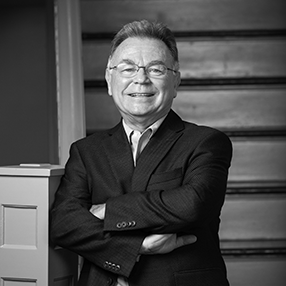December Morning in the Desert
The morning is clouded and the birds are hunched,
More cold than hungry, more numb than loud,
This crisp, Arizona shore, where desert meets
The coming edge of the winter world.
It is a cold news in stark announcement,
The myriad stars making bright the black,
As if the sky itself had been snowed upon.
But the stars—all those stars,
Where does the sure noise of their hard work go?
These plugs sparking the motor of an otherwise quiet sky,
Their flickering work everywhere in a white vastness:
We should hear the stars as a great roar
Gathered from the moving of their billion parts, this great
Hot rod skid of the Milky Way across the asphalt night,
The assembled, moving glints and far-floating embers
Risen from the hearth-fires of so many other worlds.
Where does the noise of it all go
If not into the ears, then hearts of the birds all around us,
Their hearts beating so fast and their equally fast
Wings and high songs,
And the bees, too, with their lumbering hum,
And the wasps and moths, the bats, and the dragonflies—
None of them sure if any of this is going to work,
This universe—we humans oblivious,
Drinking coffee, not quite awake, calm and moving
Into the slippers of our Monday mornings,
Shivering because, we think,
It’s a little cold out there.
Copyright © 2019 by Alberto Ríos. Originally published in Poem-a-Day on December 2, 2019, by the Academy of American Poets.
“Arizona is much in the news of late, as is my hometown, but they’ve both been conflated and renamed 'the border.' I wanted to write about the border but not the wall. Instead, I wanted to write about the full spectrum of borders that work to make this place a home—the distinction between evening and sunrise, spring and autumn, happiness and struggle. But more immediately, I wanted to convey the surprise of cold in the desert and even a perceived sense of Sonoran desert snow, the full stage of stars in the open range of deep night and immense sky—all borders, too, in this actual place, but which don’t get reported in the news.”
—Alberto Ríos

